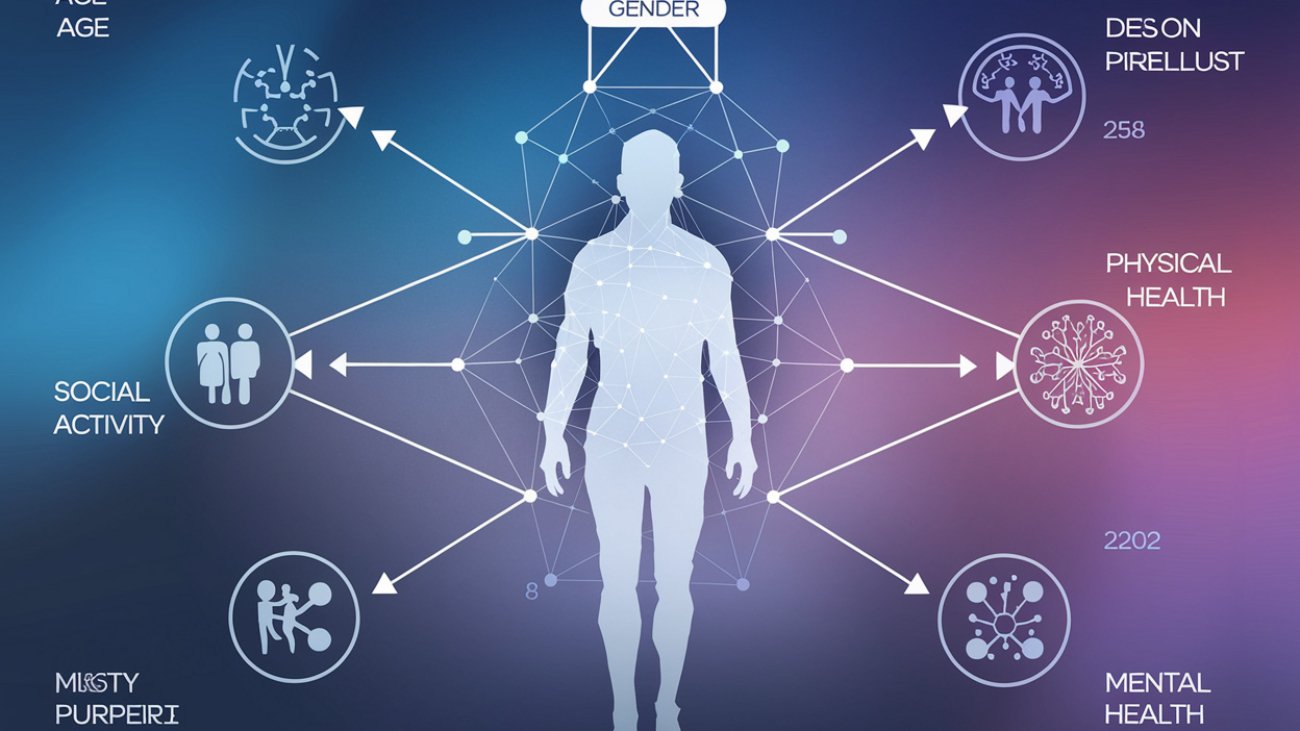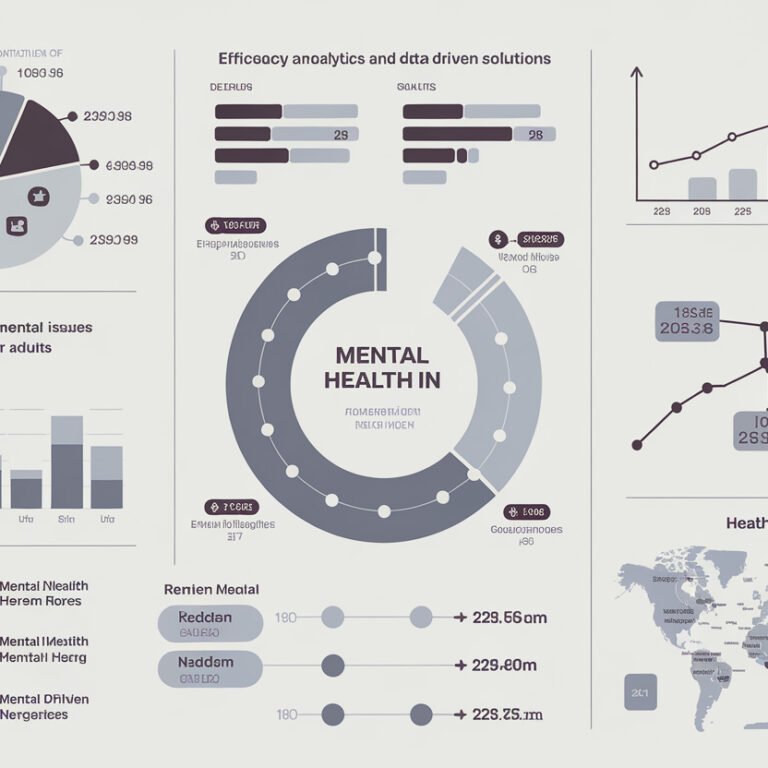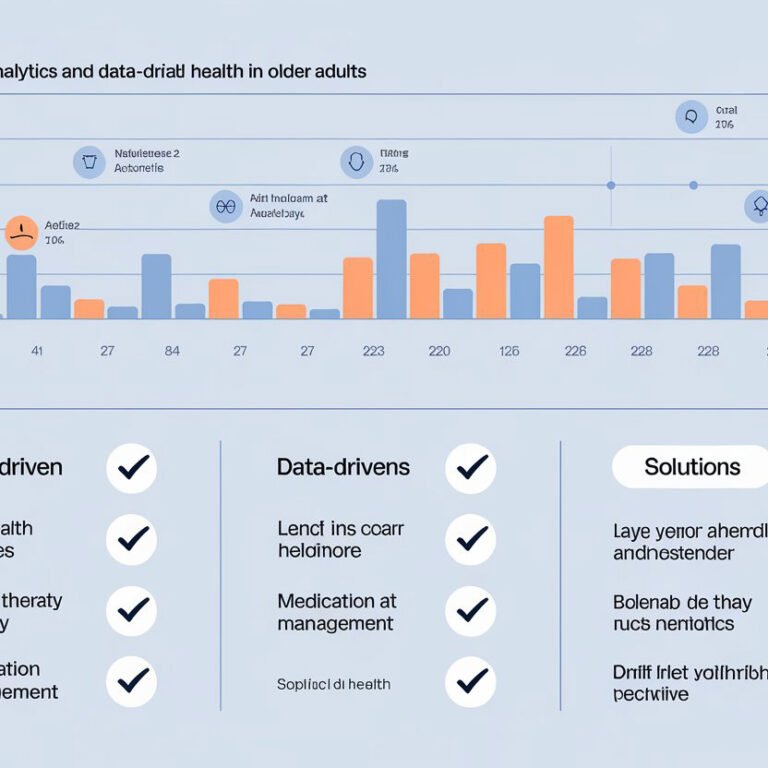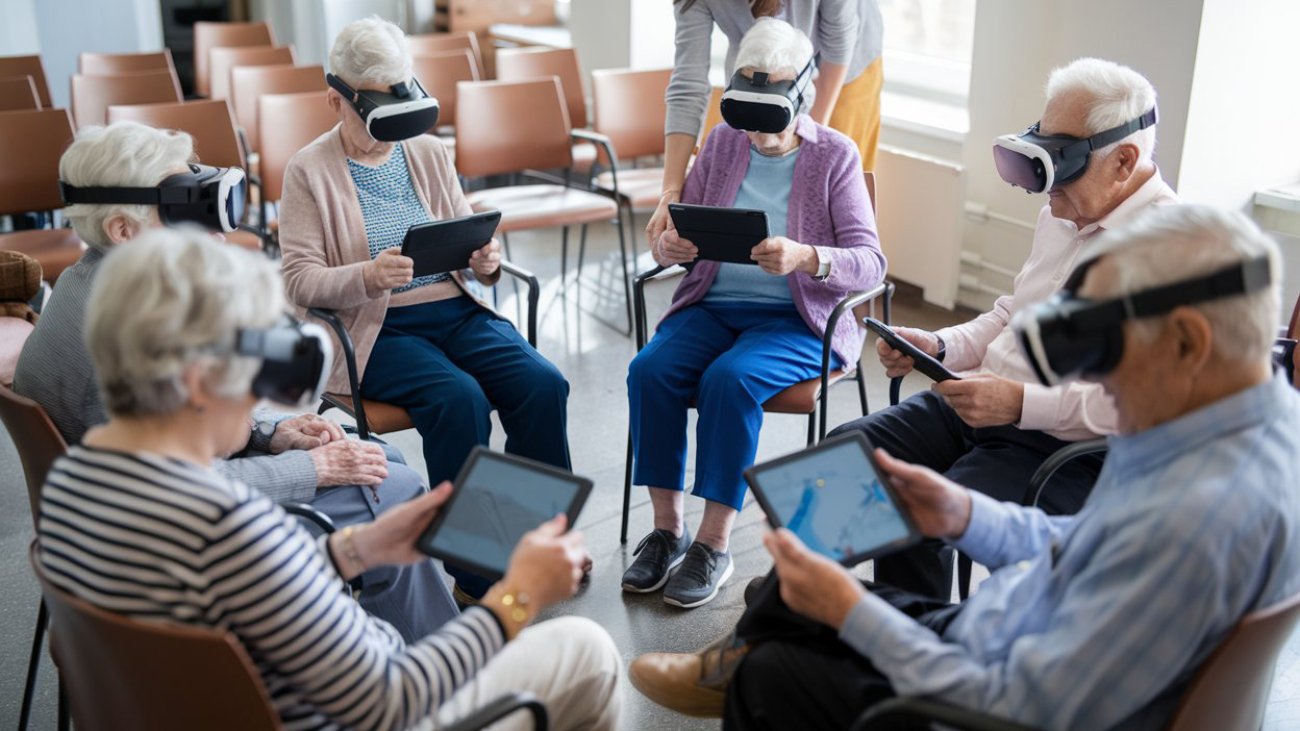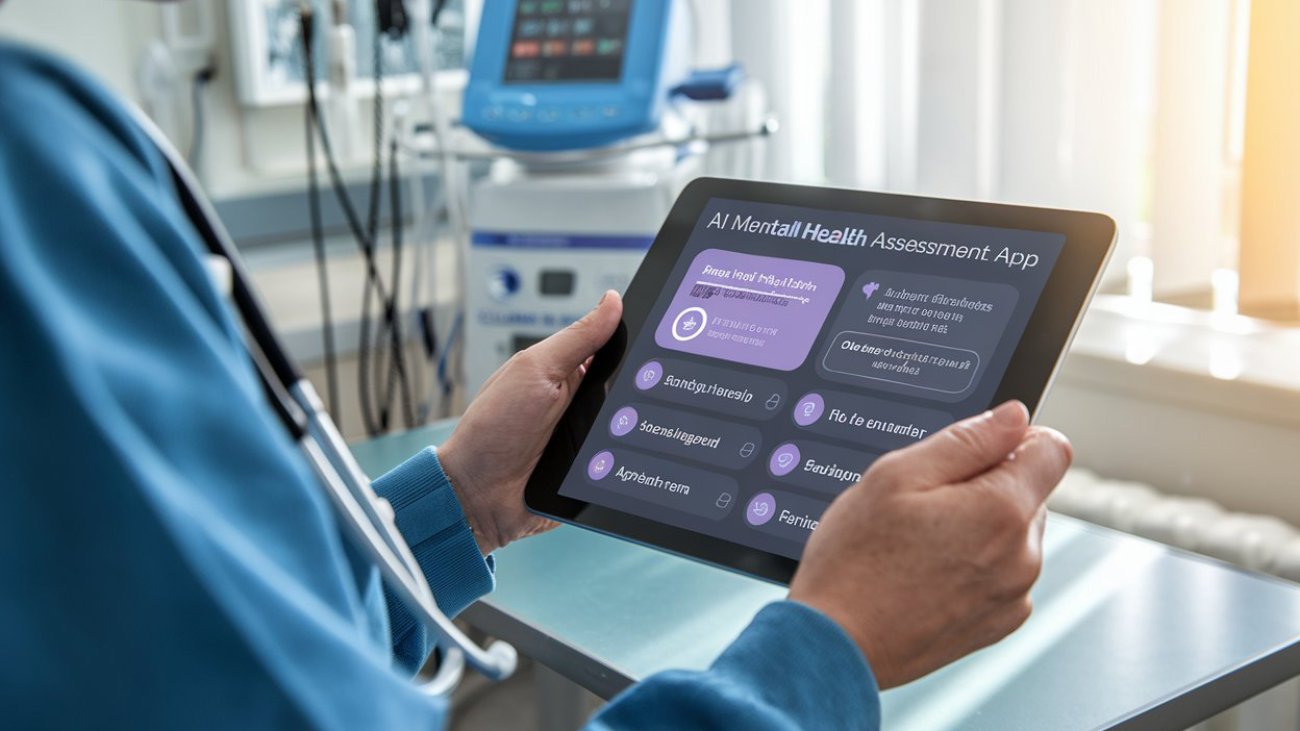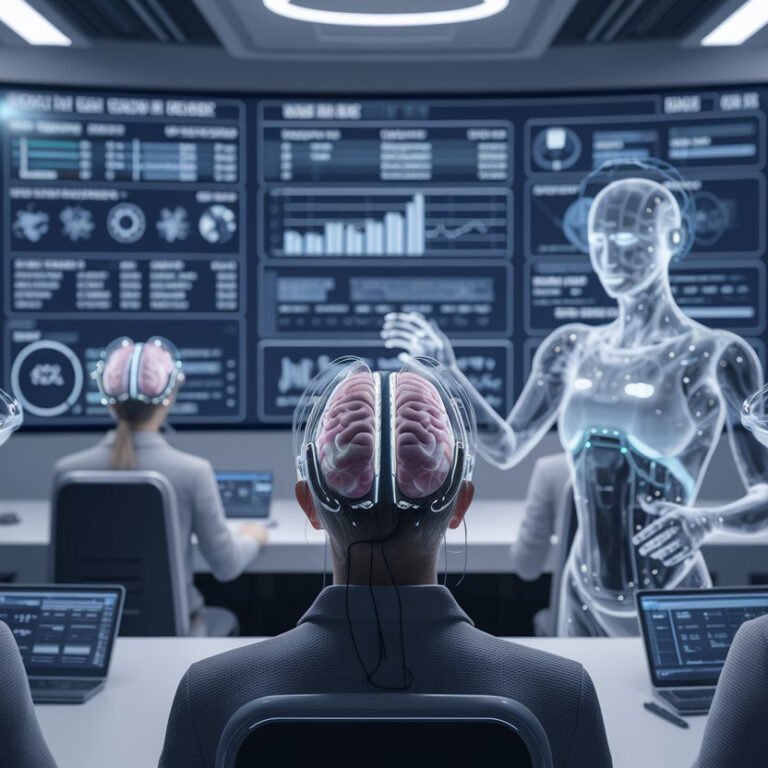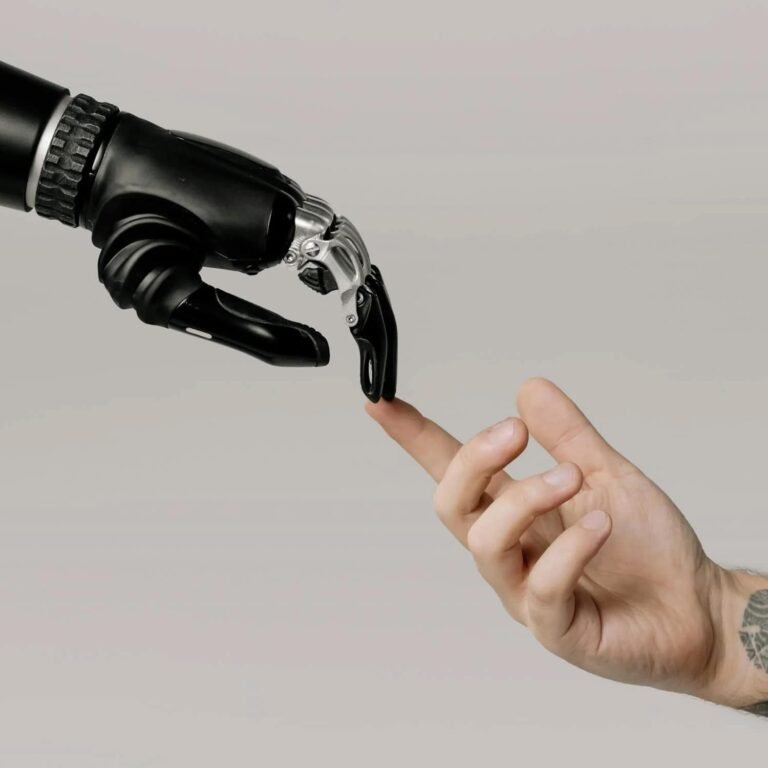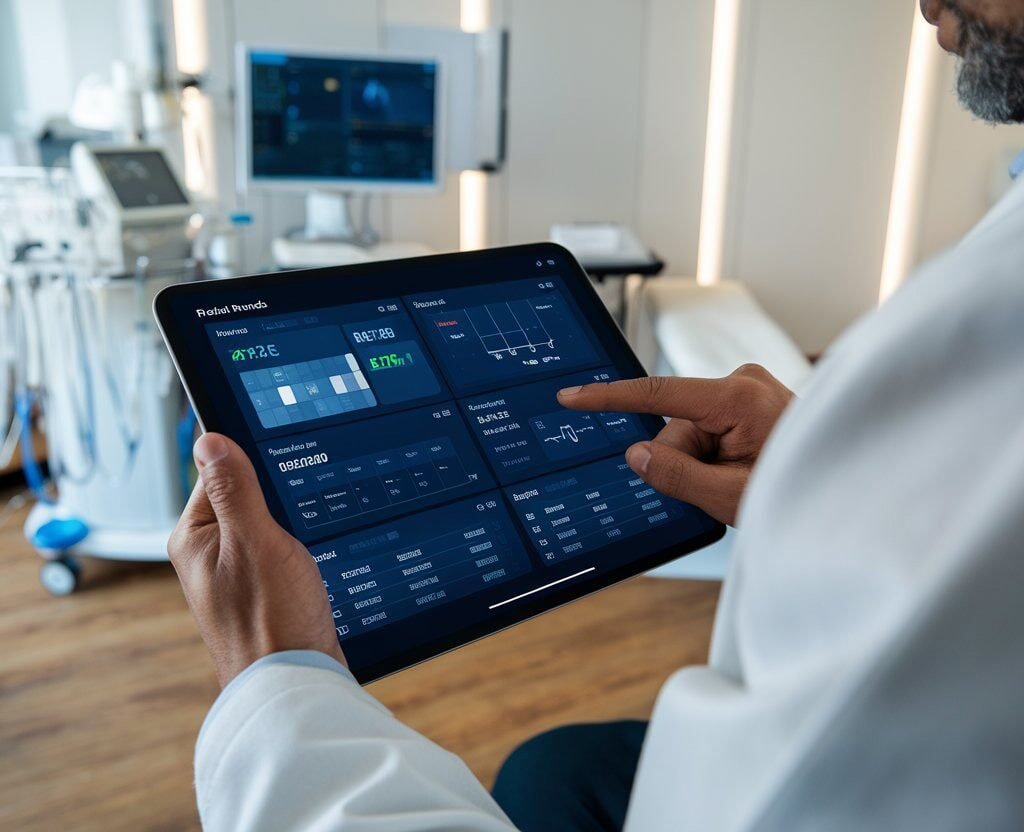As our population ages, the mental health of seniors becomes increasingly critical. Improving mental wellness among the elderly involves holistic approaches that include lifestyle modifications, community engagement, supportive environments, and specialized care. This article will explore a range of strategies to enhance mental well-being for older adults, supporting them in leading fulfilling lives.
Understanding the Mental Health Challenges Faced by Seniors
Aging brings unique mental health challenges, from dealing with physical limitations and social isolation to coping with grief or adjusting to new living arrangements. These issues often contribute to conditions such as depression, anxiety, and loneliness, affecting both quality of life and physical health.
Effective Strategies for Promoting Mental Health in Elderly Populations
- Importance of Social Interaction: Social isolation can lead to depression, cognitive decline, and emotional distress. Seniors benefit significantly from staying socially active, whether through family interactions, friendships, or group activities.
- Community Programs: Senior centers and local community organizations often offer social programs, group activities, and support groups to facilitate connections among older adults.
- Technology for Social Engagement: Virtual meet-ups and social media platforms help seniors stay in touch with loved ones, especially for those with mobility issues or living far from family.
- Regular Exercise: Physical activity promotes mental health by releasing endorphins, improving sleep, and reducing stress. Simple activities like walking, yoga, and swimming can have substantial effects on mood and energy levels.
- Group Exercise Classes: Many communities offer senior-specific fitness classes, fostering both physical health and social engagement, which collectively boost mental well-being.
- Safe and Accessible Living Spaces: Having an organized, safe, and accessible living space reduces stress and promotes independence. Adjustments such as handrails, well-lit rooms, and clear walkways help seniors feel more secure in their homes.
- Mental Health Programs in Assisted Living: For those in assisted living or long-term care, supportive programs focusing on cognitive health, art therapy, and emotional counseling create a more enriching and supportive environment.
- Providing Resources and Information: Educating both seniors and their caregivers about mental health issues, symptoms, and available treatments can help in early identification and treatment of mental health challenges.
- Training Caregivers: Family members and professional caregivers can benefit from mental health training to recognize signs of distress and understand how best to support older adults.
- Counseling and Therapy: Psychotherapy, particularly cognitive-behavioral therapy (CBT), can be effective in managing depression, anxiety, and other mental health issues in seniors.
- Telehealth Services: Telehealth options for counseling and therapy allow seniors to access mental health support without the need to travel, making professional help more accessible, especially for those with limited mobility.
- Mindfulness Practices: Techniques like meditation, deep breathing, and progressive muscle relaxation are valuable tools for stress management and emotional regulation.
- Group Sessions: Many senior centers and wellness programs offer guided meditation sessions or yoga classes designed to help older adults relax and focus on their well-being.
- Balanced Diet: Nutrition is closely linked to mental health. Diets rich in fruits, vegetables, omega-3 fatty acids, and whole grains have been shown to support cognitive function and overall mental wellness.
- Hydration and Supplementation: Ensuring adequate hydration and, where necessary, supplementing essential vitamins like Vitamin B12 and D can improve mood and energy levels.
- Mental Stimulation Activities: Games, puzzles, reading, and learning new skills are essential for cognitive health. Mental stimulation keeps the brain active and helps delay cognitive decline.
- Community-Based Learning: Classes, workshops, or discussion groups can provide mental stimulation while fostering social connections.
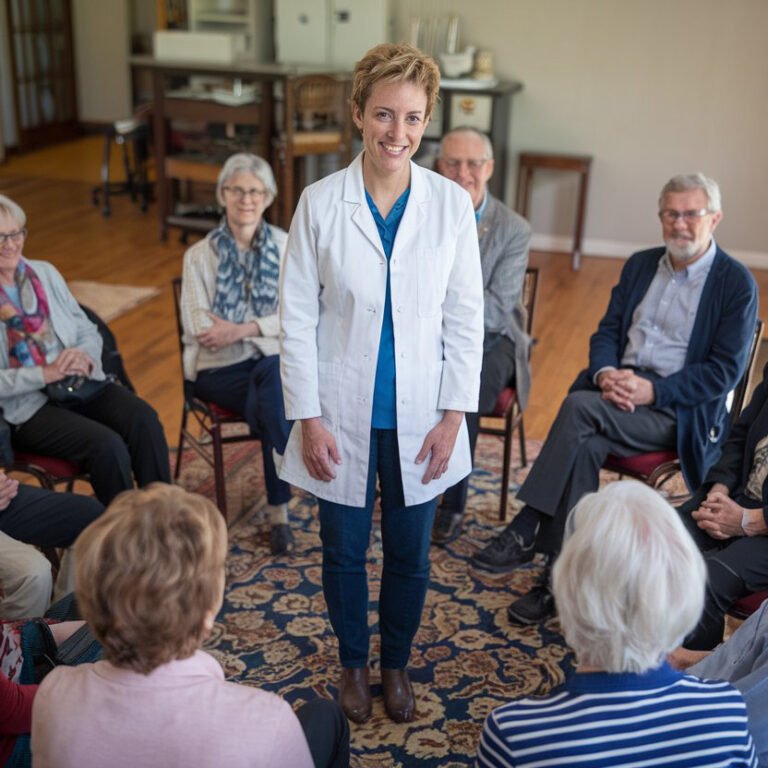
The Role of Community and Family in Supporting Mental Health
Family involvement is crucial to supporting elderly loved ones. Regular visits, check-ins, and creating opportunities for intergenerational activities can significantly reduce feelings of loneliness and improve their mental health.
Similarly, community organizations play a pivotal role. By establishing partnerships with senior care facilities, offering workshops, and organizing social gatherings, they create a network of support that positively impacts seniors’ lives.
Moving Forward with Comprehensive Mental Health Care for Seniors
Taking a comprehensive approach to mental health for older adults involves addressing both individual needs and societal roles. Families, caregivers, communities, and healthcare providers must collaborate to provide supportive environments, resources, and opportunities for engagement.
When these strategies are implemented effectively, they not only enhance the mental health of seniors but also promote a more inclusive society where the aging population can thrive with dignity and fulfillment



